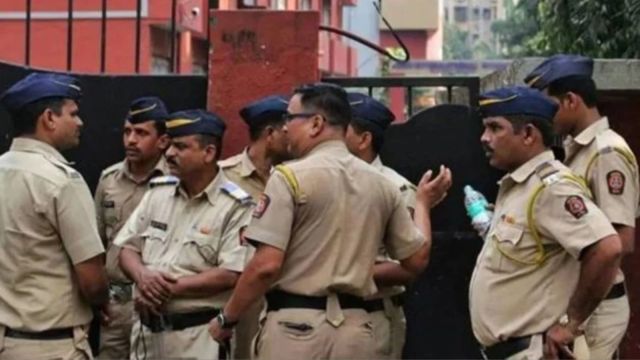
Written by Khushbu Sharma and Mahesh Choudhary
The recent caste killing of Kavin Selvaganesh, a technology professional from the Pallar community, classified as a Scheduled Caste in Tamil Nadu, by Surjith, a member of the Mukkulathor community, classified as a Most Backward Class (MBC), over Kavin’s inter-caste relationship with Surjith’s sister, has ignited widespread outrage across the country. This case has rekindled the long-standing demand by various feminist and anti-caste groups for the enactment of a statute against what are popularly termed “honour” killings.
Violence against inter-caste relationships and marriages is a regular feature of India’s caste mediated patriarchal society that frowns upon intermingling of caste groups, more so if the man in such heterosexual liaisons belongs to a Scheduled Caste. Kavin’s murder is another cruel addition to the unending list of victims of caste and patriarchal violence against inter-caste couples who defy socially defined boundaries of love and companionship. Data from the National Crime Records Bureau (NCRB) reveals that between 2020-2022, 76 killings took place all across India in the name of “honour”. While this number is alarming in itself, it does not encapsulate the severity of the issue because of the under-reporting of these murders, as the accused in these cases are mostly the family members and relatives of the people involved in such relationships.
Although most killings and violence against inter-caste couples takes place in the name of honour, the term “honour killing” obscures more than it reveals. It does not answer a straightforward question: When more than 27000 cases of sexual violence against Dalit and Adivasi women have been recorded by the NCRB between 2017 and 2022, whose honour are these perpetrators of violence trying to “protect”? It veils the very source of this honour that ultimately drives the family members of a girl to kill her and the person she loves and chooses for herself.
Globally, honour-based violence has been defined as a specific form of gender-based violence often perpetrated to punish the woman for transgressing social norms pertaining to sexual propriety and gendered morality, resulting in a loss of “honour” rooted in women’s bodies. In South Asia, honour is constituted by the caste-mediated patriarchal order that thrives on the barricading of and control over the sexual purity of women. Privileged castes in India hold unbridled control over power and resources. Intermingling with women of these castes is considered a threat and creates anxieties pertaining to the loss of privilege (and the ‘honour’ associated with it). It is no wonder then that the majority of perpetrators of honour-based violence belong to relatively privileged castes who resort to violence in an attempt to “restore” their lost honour when women of their caste interact, love and marry men from historically oppressed castes.
Despite the obvious association between caste and gendered oppression that permeates across geographies, crimes against inter-caste couples have been framed largely as a cultural issue rooted in traditional and parochial practices, obscuring the fact that both caste and patriarchal violence, and underlying inequalities, are still an everyday reality in “modern” life. It exists despite all “modernising” impulses, as the dominant norm that governs the sexual and marital choices of people across caste groups. This fact reveals itself most crudely when such cases happen even in states like Tamil Nadu that have a strong history of social justice movements.
In order to combat violence against inter-caste relationships, some draft bills including Prevention of Interference with the Freedom of Matrimonial Alliances (in the name of Honour and Tradition), 2012 (as recommended by Law Commission of India Report No. 242) and The Freedom of Marriage and Association and Prohibition of Honour Crimes Bill 2022 (drafted by the Centre for Law and Policy Research) have been put forward. Despite covering several aspects pertaining to these crimes, these bills miss several nuances rooted in the lived realities of inter-caste couples, shaped by everyday casteism and social contempt. Not only that, these bills envisage the issue as if social groups situated at all levels of caste hierarchy are equally potent to cause such crimes, thereby falling short of identifying the most vulnerable couples and providing adequate deterrence against the threats to their life and liberty. Without approaching honour-based violence in India as caste-mediated gendered violence, every attempt, legislative or otherwise, will remain severely limited in achieving its desired outcomes.
Any statutory deterrence and punitive measures against honour-based violence in India must be institutionalised in conjunction with other laws that outlaw and punish caste-based violence and crimes against women, centring the everyday experiences of inter-caste couples. It requires a concerted effort by the state, society and community to annihilate caste and the inequalities undergirded by patriarchy.
Khushbu Sharma is a PhD candidate at the Centre for Political Studies, Jawaharlal Nehru University, Delhi. Her work focuses on politics of marriage and honour based violence (HBV). Mahesh Choudhary is an activist